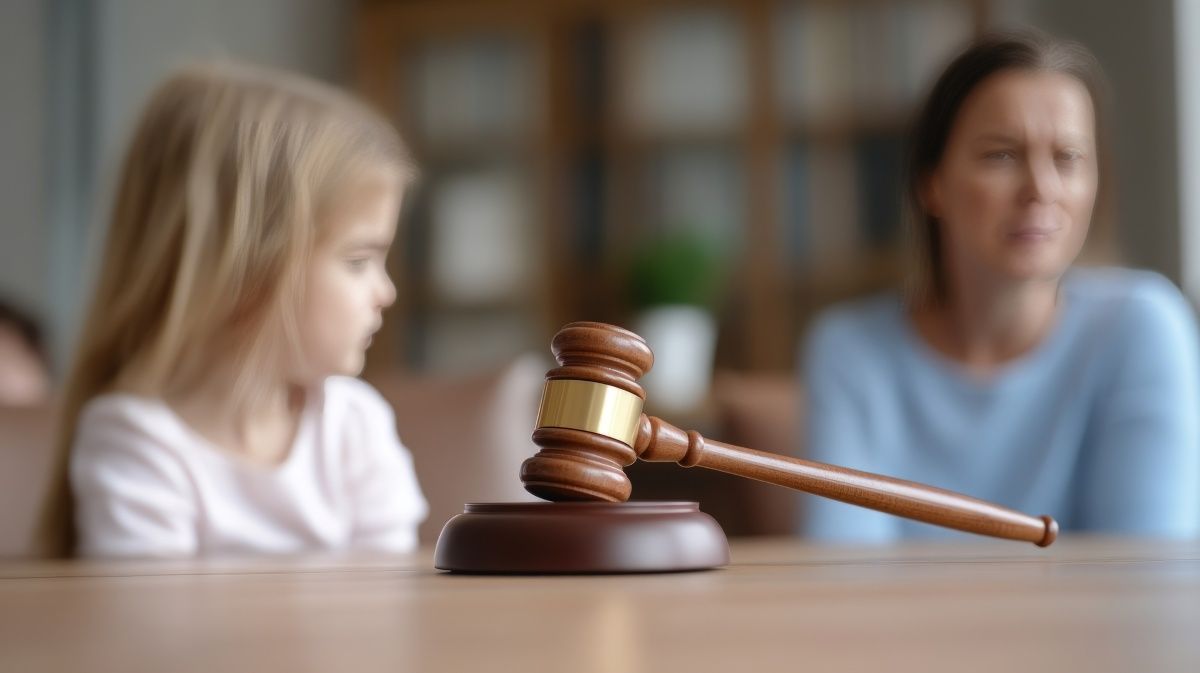What happens to the children upon divorce?
The children law in the UK governs the welfare, protection, and upbringing of children. It emphasises that the welfare of the child should be the paramount consideration in any decisions made about their care by the parents, who have parental responsibility for them.
Parental Responsibility
Parental responsibility (PR) refers to the legal rights, duties, powers, and authority a parent has in relation to their child and the child’s property. It essentially gives a parent the authority to make decisions about important aspects of their child's life, including:
- Education
- Medical treatment
- Religion and culture
- Living arrangements
- Name changes
- Consenting to marriage or civil partnerships (if applicable)
Who Has Parental Responsibility?
- Mothers automatically have parental responsibility from the child's birth.
- Fathers automatically have parental responsibility if they were married to the mother at the time of the child’s birth.
- Unmarried fathers can gain parental responsibility if:
- They are listed on the child’s birth certificate (for births registered after December 1, 2003).
- They enter into a parental responsibility agreement with the mother.
- They obtain a court order.
Additionally, individuals such as step-parents, grandparents, legal guardians, or local authorities may acquire parental responsibility through court orders/agreements or legal processes such as adoption.
Court Orders
The children law provides the legal framework for different court orders regarding children’s upbringing:
- Children Arrangement Order (now known as Child Arrangement Orders): determines where a child will live and with whom and regulates the contact a child has with a parent or other family members.
- Prohibited Steps Orders: Prevents a parent from taking certain actions (e.g., moving the child abroad).
- Specific Issue Orders: Used to resolve particular disputes, such as which school the child should attend or if a child should have a particular medical treatment.
Key Principles of the children law
- Welfare of the child is paramount: The child’s best interests take precedence in all decisions.
- Parental involvement: It is generally in the child’s best interest to have both parents involved in their upbringing, as long as it is safe and there are no risks.
- No delay: Cases should be dealt with without unnecessary delay to ensure children’s needs are met swiftly.












